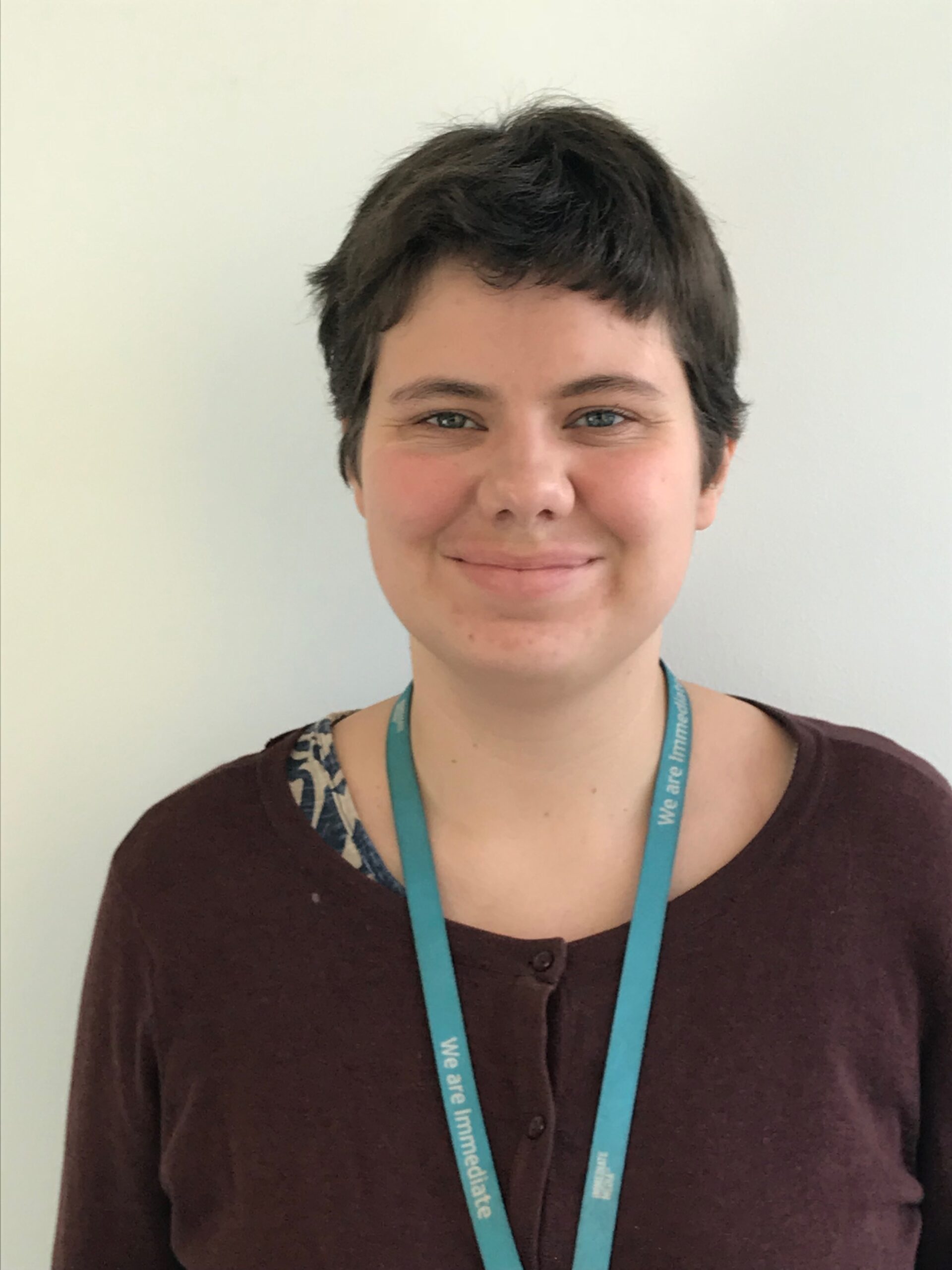What is HMS NHS?
Since launching in June 2020, over 1600 volunteers have given their time to transcribe the first 18 of 46 Admissions Registers of the Greenwich-based Dreadnought Seaman’s Hospital, which existed from 1826 to 1986. The hospital was the main clinical site of the Seamen’s Hospital Society (now Seafarers' Hospital Society), founded with the philanthropic mission of providing relief to sick and injured seafarers of all nations. As the gateway to the busy port of London, seamen arriving from all over the world were treated, their complaints ranging from scurvy, cholera or venereal diseases to work place injuries, sprains and falls, melancholy or even mental derangement. The records came to the National Maritime Museum (now part of Royal Museums Greenwich) when the Dreadnought hospital closed in 1986.
The registers include admission data such as name, age and place of birth, 'quality' (or rank) and previous vessel. Medical details include dates of admission and discharge, medical condition, illness or injury and whether the nautical patients were discharged cured or not! Casualties from local emergencies, among them women and children, were often admitted, as were wounded servicemen and women during the First World War. The volume from 1918 attests to the wounds received in the trenches of the Western Front by the ‘seamen turned soldiers’ of the Royal Naval Division.
Highlights include shark, dog and even cockatoo bites, numerous individuals so insensible they couldn’t give their name. Peter Johnson aged 53, was admitted with an inflamed ankle. He had spent 49 years in the Merchant Service, meaning he was likely to have been a cabin boy at 4!
Author Joseph Conrad (shown as Conrad Korzenwinke) was admitted with measles in 1881 and the first London sailor to receive the Victoria Cross, Albert McKenzie was admitted with gunshot wounds in 1918. French anarchist Martail Bourdin, died on board in 1894 from wounds caused by the premature explosion of his device in Greenwich Park.
Traditionally used by family historians, the Admission Registers have significant research value. Taken as a whole, they document the greatest risks to health at sea, show how treatments changed over time in response to advances in medical knowledge, and how medical theory applied at sea. In short, a snapshot of the health of the maritime community for over 150 years.
With over 200 pages of medical entries in each volume, the project was split into two parts. The first, already completed, concentrated on the records for 1826-1869, while the hospital floated on the Thames, based successively on board three old warships, the Grampus, the Dreadnought and finally HMS Caledonian. The second half of the project, which will launch on Transcription Tuesday on 1 February, looks at the records from 1870-1930, when the hospital came ashore, moving into the recently vacated buildings of Greenwich Hospital for naval seamen, leased to the Hospital Society from the Admiralty, and now the home of the National Maritime Museum.
HMS NHS is part of a larger research project Engaging Crowds: citizen research and heritage data at scale, which harnesses the capabilities of people-powered research to enrich understanding of cultural heritage collections through digitally enabled participation. Citizen research enables volunteers, including people previously not reached by cultural heritage organisations, to participate in research projects, helping classify, annotate or transcribe collections. The project is led by The National Archives, with the Zooniverse team at the University of Oxford, Royal Botanic Gardens Edinburgh, and Royal Museums Greenwich. As part of Engaging Crowds, The National Archives, Royal Botanic Garden Edinburgh, and Royal Museums Greenwich have set up 3 new citizen research projects on the Zooniverse platform (HMS NHS, Scarlets and Blues, The RBGE Herbarium). These projects include an innovative new indexing tool, allowing volunteers to choose their own pathway through a project. Engaging Crowds aims to promote open discovery and research, interdisciplinary working across sectors and equality, diversity and inclusion. The project is a Foundation project within the AHRC funded Towards a National Collection Programme. For HMS NHS, volunteers can choose to concentrate on one historical period (ranging from the 1820s to 1920s), or to transcribe either medical data, ship names, places of birth or medical complaints, or swap from one to another as they please. Anonymised user behaviour can then be analysed to show the effect of choice on volunteer motivation and engagement.
The Admissions Registers have revealed a wealth of medical data, challenging our assumptions of the past and understanding of medical theory. Join us on Transcription Tuesday, to launch Part Two of the project, and discover new stories and medical mysteries.
How to take part
To take part, go to our website. Select a ‘Workflow’, one of the numbered yellow buttons corresponding to one of the columns of information in the records. Select a volume to transcribe entries from. Enter each row into a separate box. When you’re finished, click ‘Done’.
If you have any problems on the day, you can contact us on HMSNHS@rmg.co.uk.
